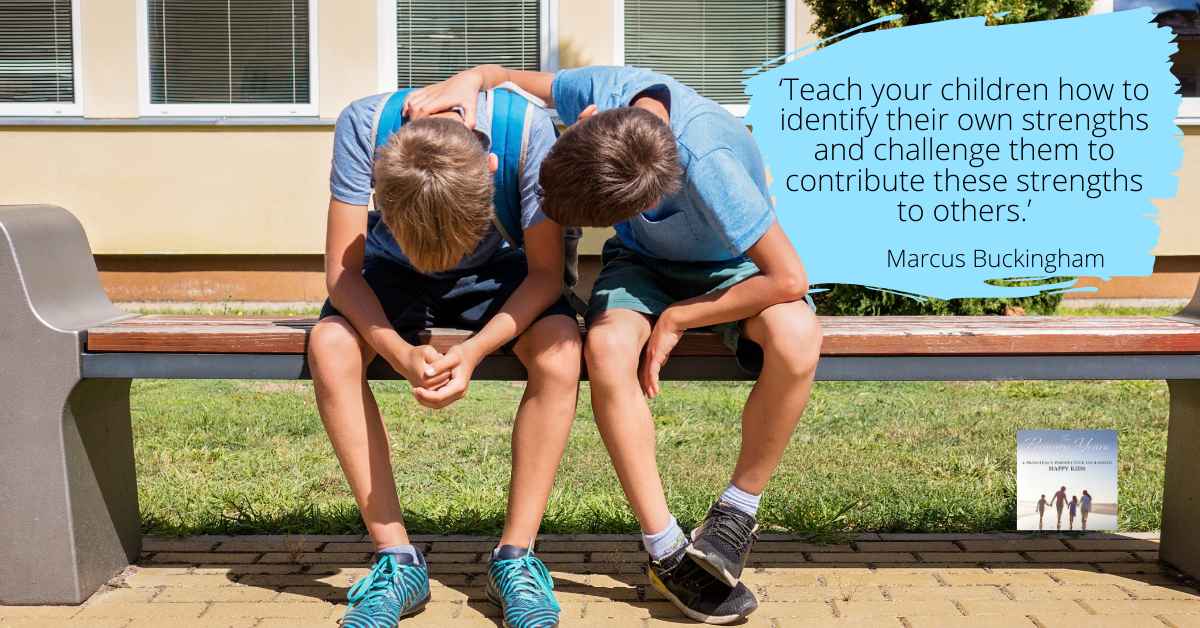Everyone is concerned about their child’s education in lockdown
Here, I am suggesting that you keep the long view of education in mind. Making a judgement on the effectiveness of on-line learning is almost impossible in the short term. The results of student performance are all about longitudinal studies over many years. I have no doubt there will be plenty of these studies in the future. However, in the shorter term as we live with on-line studies for students, the question remains, how can I best help my child?
Try not to focus on what your child has missed from not being at school. The education system will need to take stock of what this means in education for the future.
I suggest the following plan for children starting school and in the early years of primary education. Here, I am really thinking of that age where children are learning how to read and write.
Read each day to your child. Get them to follow the story. Children love to mimic and repeat the words of the story back to you.
Encourage them to read as much as possible. Talk about the story and engage in conversation about the plot, theme and the words used.
Have charts around the house with basic phonetic rules. This is great for the prereaders. Also include number charts. These are obtainable on-line or even in your local newsagency. Don’t get too caught up with the detailed ones. Young children need exposure to words, sounds and numbers. Talk about them and refer to them throughout the day. Play games and recite poetry. These are great tools to kick start reading.
If your child is literate to some degree, they can manage the on-line material more easily. Teachers are becoming more skilled in setting work that suits the child on-line. Just be a guide and direct them when necessary. If possible, go through the plan for the day with them and at the end of the day talk about how they went with the work. Praise them for putting in the time and effort, not so much the quality of the work. This is more about rewarding the process, not the outcome.
Keep the day balanced so that your child will know that recreation is part of their day. This gives them something to look forward to. Let them take small breaks. In a normal classroom, conversation is important as part of the learning process. Try to talk to your child throughout the day and ask questions about their work. Make suggestions and question occasionally why they choose such an answer. This is all part of what happens in a classroom. It is most definitely not a silent environment. It is a busy, often noisy environment, with multiple activities happening at the same time.
To get the best from the on-line studies, talk positively in the morning about how the day will look. Consider where your child is set up and make sure they are not in isolation for too long a time. Let them feel, that their learning space, is all their own and they don’t have to relocate at the end of the day.
If the teacher writes back some positive comments, print them and put them on display. Younger children will enjoy seeing their art work around the house. Now is not a time to worry about neatness and correctness. It is also not a time to talk about failure and poor performance. Show confidence in your child’s intelligence and ability to be successful. Let them feel comfortable talking with you during the day and displaying their work for all to see. Be impressed with their efforts and not their outcomes. If they develop a strong self-concept, they are more inclined to succeed academically. The message you want to give them is that they are developing into strong self-learners. You, the parent are setting the stage for your child’s growing perception of themselves as effective learners.
In our current world, we are always talking about student performance and measuring success. I suggest, that we have less of this ‘being accountable’ talk and more about the positive progressive steps a child is taking along the way. Each day should be another successful day of good learning. It should not be about simply measuring performance from on-line work. I have always felt strongly about this as a Principal, and I am more so now that children have the burden of working on line.
“In terms of change, learners inherit the earth,
While the learned find themselves beautifully equipped to deal with world that no longer exists.”



















